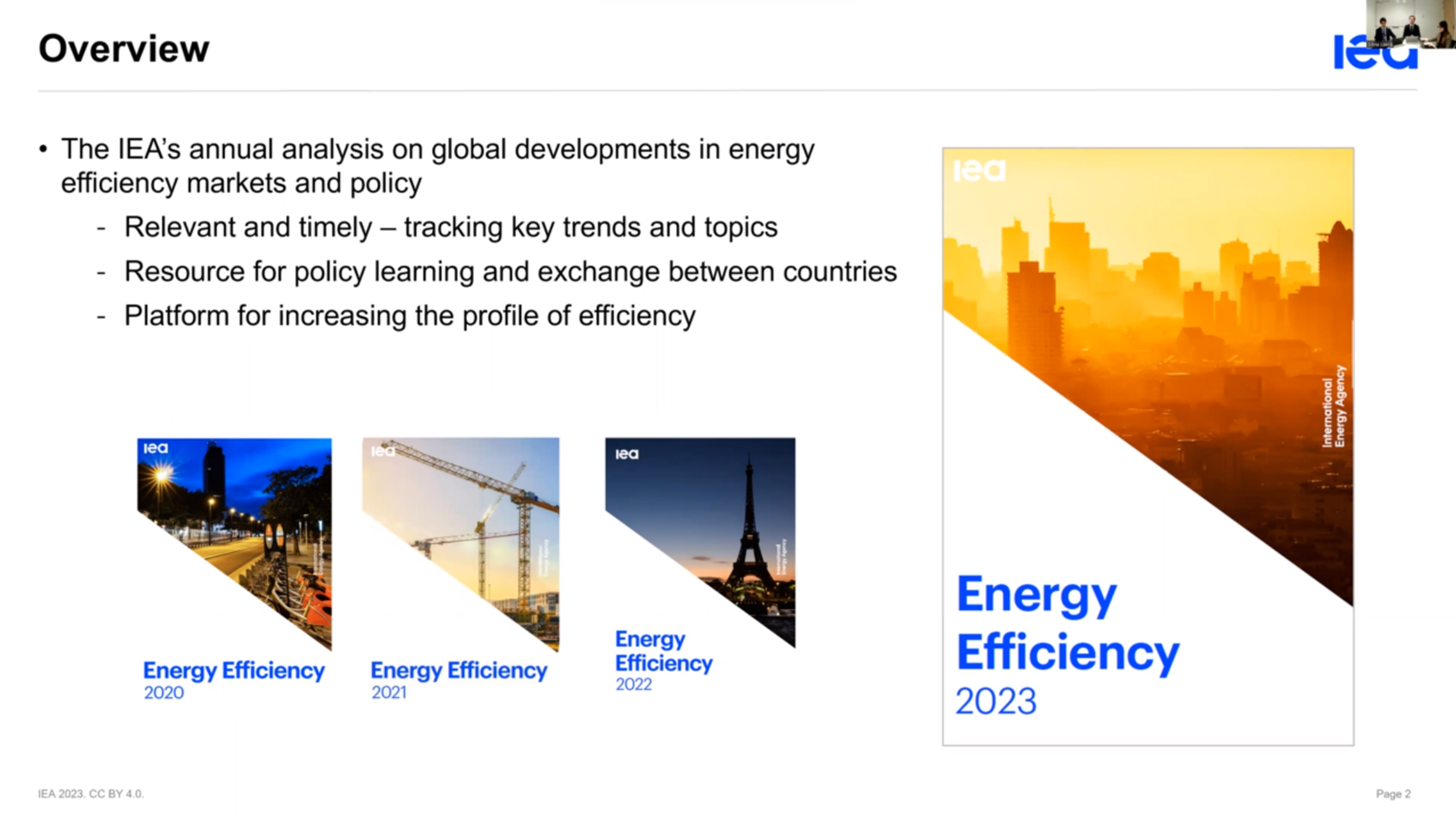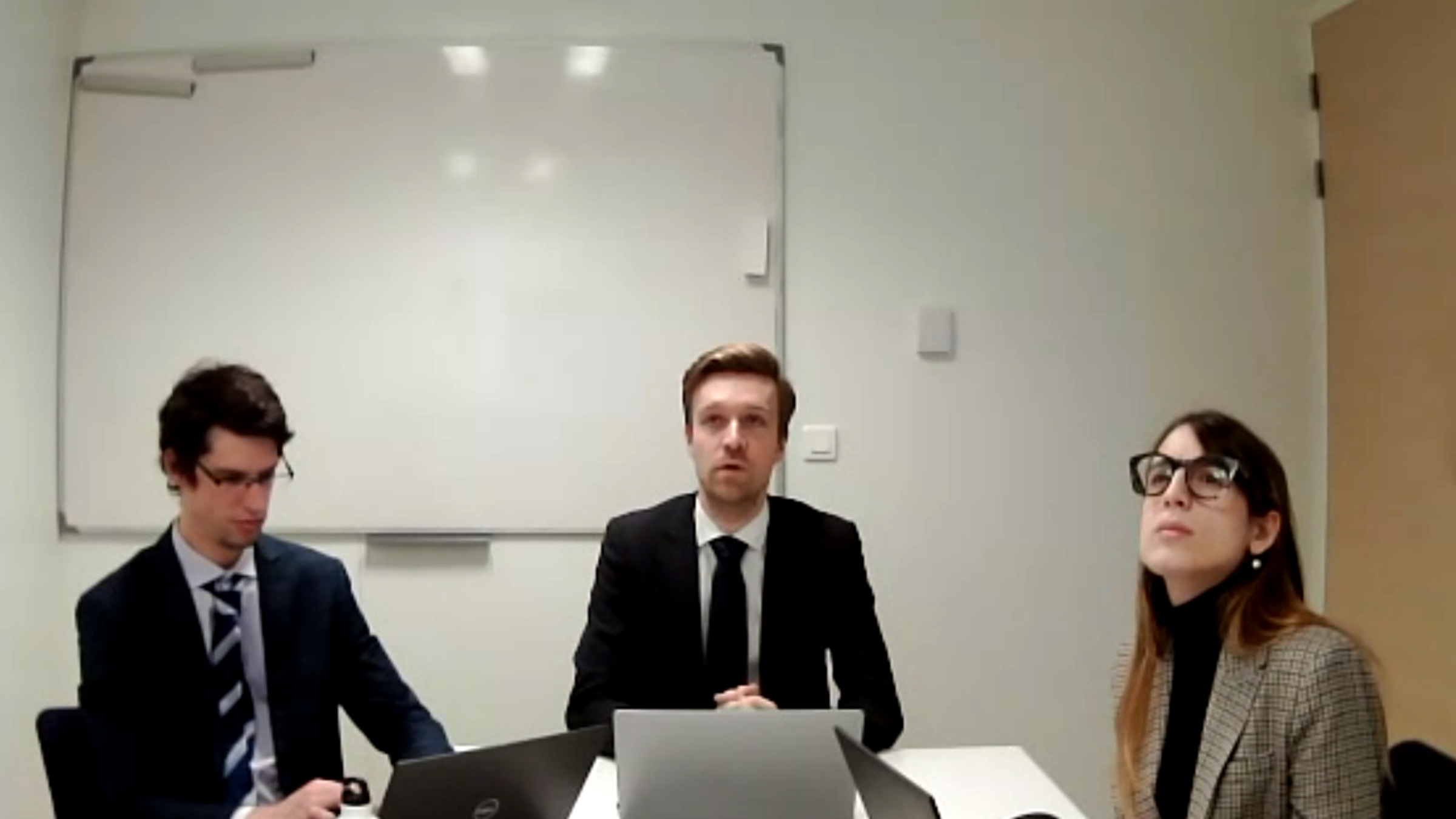Today, two years after its initial announcement, co-legislators have reached an agreement on the revision of the Energy Performance of Buildings Directive (EPBD), a key piece of the Fit For 55 Package. The political agreement on the EPBD is weaker than what is necessary to fully deliver Europe’s energy security and sustainable economic growth in the building sector. If approved and fully implemented via strong governance and a financial support framework it will still represent an important step for EU just transition.
e welcome the developments marking a pivotal step towards upgrading the efficiency of the buildings sector such as the further integration of digitalization within the EPBD. Embracing existing digital tools is essential for assessing and unlocking the full potential of actual energy performance in buildings. The reinforced provisions for technical building systems (TBS), including heating, built-in lighting, and building automation and control systems, are crucial in raising the energy efficiency level of our buildings.
Regrettably, the agreement on the EPBD misses out on setting an ambitious framework, as proposed by the European Commission and further improved by the European Parliament. The original proposal for Minimum Energy Performance Standards (MEPS), one of the main pillar of the EPBD, offered a powerful path to achieve higher energy classes for worst-performing buildings while harmonizing Energy Performance Certificates (EPC) among Member States. MEPS, as it stands in the political agreement reached today, leaves too much flexibility for Member States to achieve respectively 16% and 20-22% primary energy reduction targets of the overall energy consumption of the building stock by 2030 and 2035. This is a first step towards gradually scaling up the efforts for the entire building stock. A careful monitoring and guidance of the implementation of this centrepiece of the EBPD will be required to deliver the desired objectives.
Another missed opportunity for the Union`s decarbonization efforts is delaying the phase out of fossil fuels in heating and cooling in buildings. The European Parliament`s step forward to end the use of fossil fuels in heating and cooling in buildings by 2035 was watered down and pushed back to 2040. Without a timely phase-out of fossil fuel boilers in buildings, the EU cannot achieve its 2050 goals. Member States and the EU are currently negotiating intensely to ensure that at COP28 there is a precise commitment to phase out fossil fuels. They need to be consistent with this commitment in EU legislation.
Despite the complexity to converge towards a more ambitious agreement, if correctly and swiftly implemented, the EPBD is capable of improving living conditions, reducing buildings` energy needs, saving billions of euros in energy costs enhancing the EU’s energy security, and boosting sustainable economic growth in the EU.
Monica Frassoni, President of the European Alliance to Save Energy, commenting on the political agreement, said: “Even if the directive includes several positive provisions to improve the energy performance of the highly inefficient European building stock and the ultimate goal remains the full decarbonisation of EU buildings by 2050, we regret that minimum energy performance standards have been seriously weakened. The large flexibility and derogations conceded to governments could have been coupled with higher ambition, especially for residential buildings. If the building sector is not fully decarbonized in accordance with a clear plan and sufficient resources by 2050 it would be deleterious for citizens – especially those struggling with energy poverty – and for businesses for which the modernization of the building stock is a unique opportunity for new sustainable economic activities and job creation”.
“The political agreement will need to be formalized in the next months. We count on co-legislators’ responsibility for this important final step. After, we must roll up our sleeves, walk the talk and turn our attention to deliver the full EPBD potential through robust institutional governance and private public-partnerships aimed to boost skills development, technological advances and work out innovative financing schemes. The EPBD can instigate renovations across Europe, all stakeholders will have to work together to push up the bar and increase the depth and rate of these renovations, make them cost-effective and valuable for citizens, businesses and the environment” said Quentin Galland, Chair of the European Alliance to Save Energy (EU-ASE).
Read the full press release here.
Media contact:
Luigi Petito
Head of Secretariat
info@euase.eu
About us
The European Alliance to Save Energy (EU-ASE) is a cross-sectoral, business-led organisation that ensures that the voice of energy efficiency is heard across Europe. EU-ASE members have operations across the 27 Member States of the European Union, employ over 340.000 people in Europe and have an aggregated annual turnover of €115 billion.






